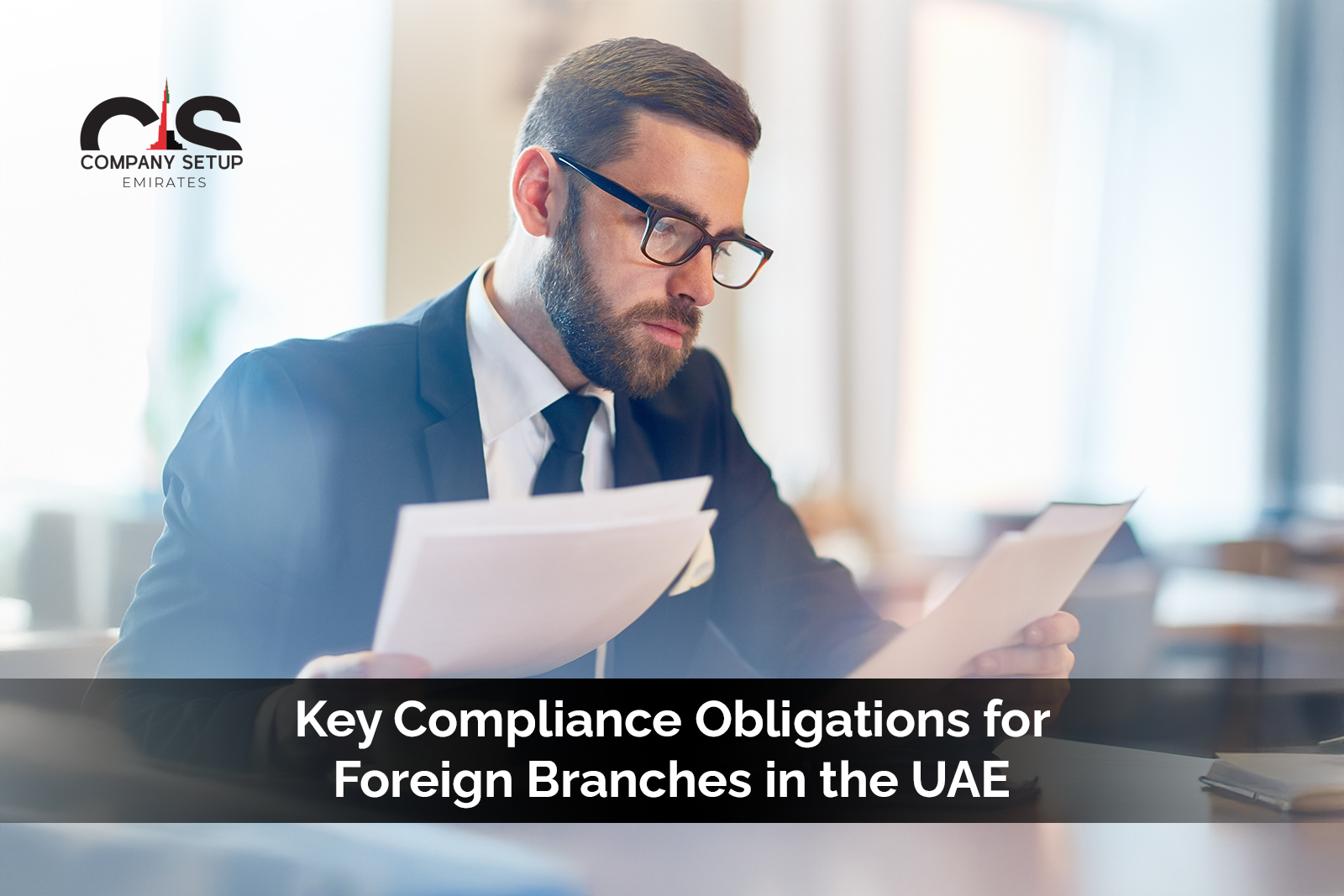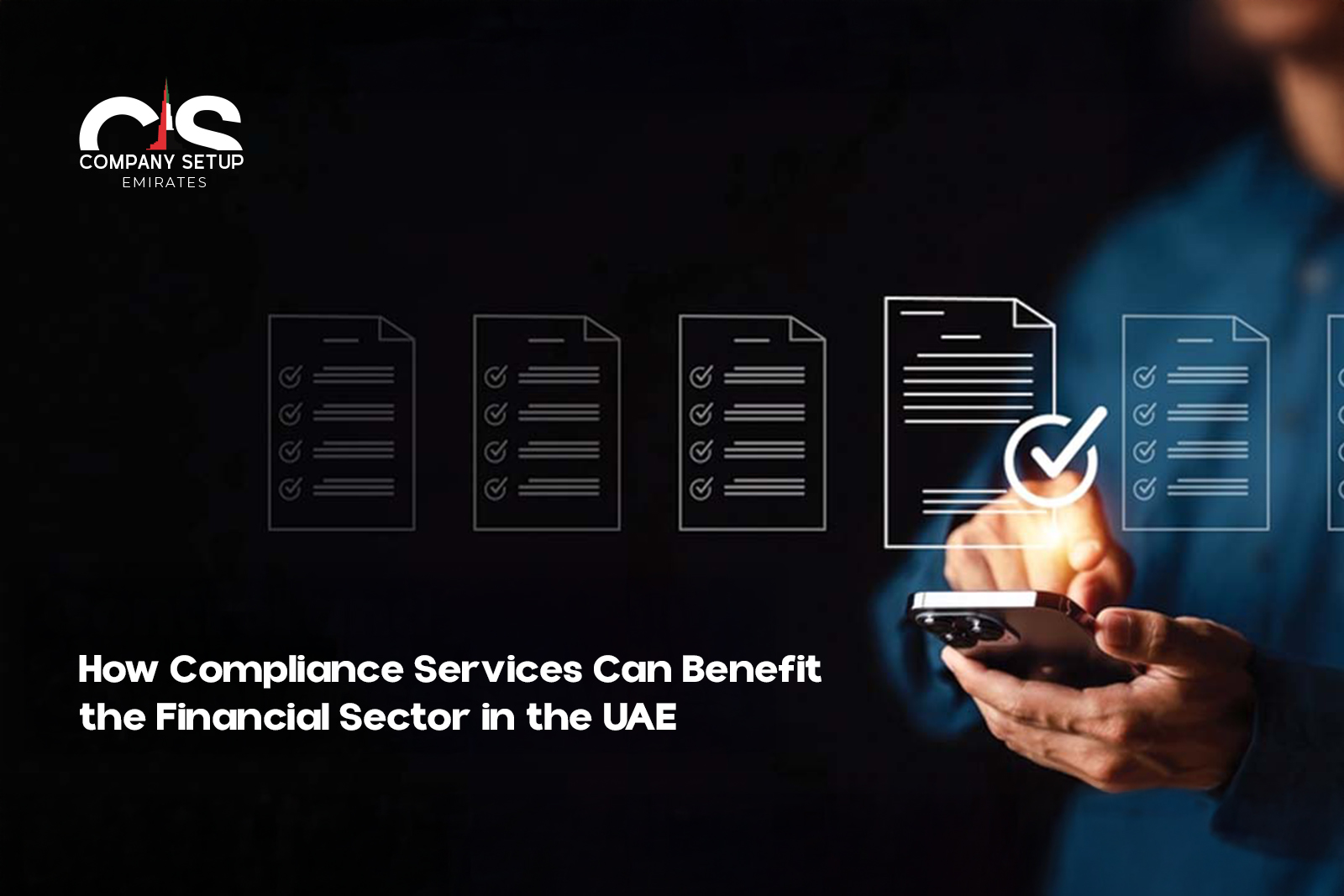Starting a business in the UAE is an exciting venture, but it comes with a maze of regulatory requirements. Navigating this landscape can be daunting, especially for startups. Here’s a breakdown of the seven essential compliance services every UAE startup should prioritise to stay on the right side of the law and focus on growth.
1. Corporate Tax
Corporate tax compliance is a cornerstone of corporate compliance and a critical component of startup compliance in the UAE. Since the UAE introduced a 9% corporate tax on profits exceeding AED 375,000 (effective June 1, 2023), every startup and business—mainland or free zone—must ensure they are fully compliant to avoid legal and financial consequences.
Why Corporate Tax Compliance Matters
Corporate tax compliance protects startups from legal issues while enhancing credibility with investors, banks, and partners. Failing to meet obligations can raise red flags during audits, limit access to banking services, and reduce confidence among stakeholders. Adhering to UAE tax compliance standards ensures your business operates transparently and is positioned for sustainable growth.
Compliance also strengthens overall business compliance in Dubai, as maintaining accurate financial records and timely reporting demonstrates operational discipline. For startups, this is particularly important when seeking funding, establishing partnerships, or expanding into new markets.
Risks and Penalties
Non-compliance with corporate tax obligations can carry serious consequences. Penalties range from fines for late registration or filing to additional charges for underreporting profits. In extreme cases, failure to comply may result in license suspension, legal action against directors, or reputational damage that affects investor and client trust.
Startups that ignore corporate tax regulations risk not only financial penalties but also potential disruptions to operations. Aligning your business with UAE compliance services ensures that tax obligations are met, risk is minimised, and your company remains in good standing with regulatory authorities.
Key Takeaways for Startups
Startups should integrate corporate tax compliance into their financial planning from day one. Partnering with professional UAE compliance services providers helps ensure accurate reporting, timely filing, and adherence to all corporate compliance regulations in the UAE, allowing founders to focus on growth while remaining legally protected.
2. Anti-Money Laundering (AML)
For startups in the UAE, adhering to AML compliance regulations is not optional—it’s a legal requirement and a crucial part of corporate compliance. The UAE has strict anti-money laundering laws to prevent financial crimes such as money laundering, terrorist financing, and fraud. Failure to comply can have serious consequences for your business.
Why AML Compliance Matters
AML compliance safeguards your startup’s reputation and builds trust with investors, clients, and regulatory authorities. For new businesses, especially in sectors like finance, real estate, or trading, being flagged for non-compliance can halt operations, block banking relationships, and even prevent partnerships with other companies.
Additionally, AML measures protect your business from being used for illicit activities, which can have long-term legal and financial consequences. Integrating UAE compliance services into your operations early ensures you meet all reporting obligations and maintain a transparent and legally sound business environment.
Risks and Penalties
Non-compliance with AML regulations in the UAE carries severe penalties. Businesses can face fines ranging from AED 50,000 to AED 1,000,000 depending on the severity of the violation. In more severe cases, criminal charges may apply, potentially leading to imprisonment, business closure and legal actions.
Startups may also experience operational disruptions if authorities freeze accounts or suspend licenses. This makes AML compliance a top priority for any UAE startup compliance plan.
How Startups Can Ensure Compliance
Even without diving into step-by-step processes, the key to AML compliance is understanding regulatory obligations, implementing risk management frameworks, and monitoring business activities for suspicious transactions. Seeking professional support from experts in UAE compliance services can significantly reduce the risk of penalties while giving startups peace of mind.
3. Ultimate Beneficial Ownership (UBO)
UBO compliance is a cornerstone of corporate compliance in the UAE. The UAE requires all businesses to disclose individuals who ultimately own or control the company. This transparency helps prevent fraud, money laundering, and other financial crimes while promoting corporate accountability.
Why UBO Compliance Matters
For startups, maintaining accurate UBO records is more than a legal formality—it’s about credibility. Banks, investors, and regulatory authorities rely on UBO information to assess the legitimacy of a business. Failing to maintain proper ownership records can result in frozen accounts, denied licenses, or difficulties in securing capital.
UBO compliance also aligns with broader UAE compliance services initiatives, ensuring that your business operates transparently and adheres to international financial standards. Early attention to UBO reporting can save startups from costly audits and regulatory scrutiny later.
Risks and Penalties
Non-compliance with UBO regulations carries significant risks. Penalties can include fines up to AED 50,000 or more, depending on the severity and frequency of violations. In severe cases, authorities may suspend a company’s license or initiate legal action against the responsible owners.
Failure to submit accurate UBO information can also harm investor confidence and limit opportunities for partnerships, impacting your startup’s growth trajectory. This makes UBO compliance in the UAE a critical component of any business compliance strategy in Dubai.
Key Takeaways for Startups
Startups should prioritise collecting and verifying ownership information from day one. Maintaining transparent records and updating them regularly reduces legal risk and aligns your business with both local regulations and global best practices. Partnering with professional UAE compliance services providers can simplify the process, ensuring your startup meets all obligations efficiently.
4. WPS Payroll
The Wage Protection System (WPS) is a mandatory framework in the UAE that ensures all private sector employees are paid on time and in full. For startups, complying with WPS payroll compliance is a crucial part of business compliance in Dubai.
Why WPS Compliance Matters
WPS compliance protects both employees and employers. For startups, it ensures transparent payroll processes, helps attract and retain top talent, and fosters trust within the workforce. Non-compliance can damage your reputation and make it challenging to hire skilled professionals, especially in competitive markets like Dubai.
Additionally, WPS compliance demonstrates commitment to corporate compliance with UAE standards, reinforcing your startup’s credibility with regulators, banks, and potential investors. Being proactive in payroll management reduces the likelihood of disputes and legal complications.
Risks and Penalties
Failure to comply with WPS regulations can result in fines, warnings, or even suspension of business operations. Penalties typically start around AED 10,000 per violation and can increase if multiple employees are affected. Persistent non-compliance may lead to restrictions on visa issuance for employees, affecting workforce stability.
Startups that ignore WPS requirements risk employee dissatisfaction, legal challenges, and disruptions to daily operations. Implementing proper payroll procedures from the start is a key step in meeting UAE compliance standards and ensuring long-term growth.
Key Takeaways for Startups
Startups should integrate WPS compliance into their payroll systems immediately upon hiring employees. Ensuring timely and accurate salary payments, while maintaining proper documentation, minimises risk and aligns with corporate compliance expectations in the UAE. Professional guidance from compliance experts can streamline this process, keeping your startup legally secure.
5. Personal Data Protection Law (PDPL)
The UAE’s Personal Data Protection Law (PDPL) sets clear rules for how businesses collect, process, and store personal data. For startups, ensuring PDPL compliance in the UAE is a key part of corporate compliance. With digital operations increasing, protecting personal data is more important than ever.
Why PDPL Compliance Matters
PDPL compliance safeguards the privacy of customers, employees, and partners. Non-compliance can undermine trust, damage your startup’s reputation, and create barriers to partnerships, especially with international clients who expect strict data protection standards. Aligning with UAE compliance services ensures your business is handling personal data responsibly.
Startups that implement PDPL measures also gain a competitive edge by demonstrating professionalism and regulatory awareness. Compliance ensures your business can operate confidently in sectors like fintech, e-commerce, and healthcare, where data protection is non-negotiable.
Risks and Penalties
Violating PDPL regulations can result in significant fines, ranging from AED 50,000 to AED 500,000, depending on the severity and recurrence of the breach. Severe violations may also lead to legal action against company officers and suspension of operations.
Data breaches, misuse of personal information, or failure to obtain consent can trigger investigations and damage customer trust. For startups, even a single violation can have long-lasting financial and reputational impacts, making PDPL compliance a top priority.
Key Takeaways for Startups
Startups should implement robust data protection policies, limit access to sensitive information, and ensure consent is obtained wherever necessary. Partnering with professional UAE compliance services providers can streamline PDPL compliance, minimise legal risks, and maintain your business’s credibility in the UAE market.
6. Free Zone Compliance
Operating in a free zone offers startups advantages such as 100% ownership, tax benefits, and simplified procedures. However, adhering to free zone compliance regulations is essential for startup compliance in the UAE. Ignoring these rules can quickly lead to operational disruptions.
Why Free Zone Compliance Matters
Free zones have their own regulatory frameworks, which include license renewals, reporting obligations, and operational guidelines. For startups, staying compliant ensures uninterrupted business operations, maintains access to banking and licensing services, and safeguards your reputation with regulators and investors.
Being compliant also ensures that startups can take full advantage of incentives offered by free zones, such as reduced corporate tax obligations, support services, and simplified visa processes. UAE free zone compliance services help integrate these requirements seamlessly into business operations.
Risks and Penalties
Failure to meet free zone compliance requirements can result in fines, suspension, or even cancellation of your business license. Penalties vary by zone but typically start from AED 10,000 for minor violations and can escalate for repeated non-compliance. Non-compliance may also restrict visa issuance and other administrative services critical for growth.
Startups that neglect free zone regulations risk operational downtime, financial penalties, and reputational damage. Proactive compliance minimises these risks and ensures that your business fully leverages the benefits of operating in a UAE free zone.
Key Takeaways for Startups
Startups should familiarise themselves with free zone rules from day one, maintain proper documentation, and seek professional guidance. Leveraging expert free zone compliance services ensures ongoing adherence to regulations, allowing your startup to operate smoothly while focusing on growth and expansion.
7. Economic Substance Regulations (ESR)
Economic Substance Regulations (ESR) are part of the UAE’s efforts to align with international tax standards and prevent harmful tax practices. For startups, complying with ESR regulations in the UAE is a critical aspect of startup compliance, especially for companies engaged in “relevant activities” such as banking, insurance, investment, and intellectual property.
Why ESR Compliance Matters
ESR ensures that businesses operating in the UAE demonstrate adequate economic presence in the country relative to the income they generate. For startups, ESR compliance is vital to maintain credibility with regulators, attract investors, and avoid legal complications. It also reassures partners and clients that your business operates transparently and aligns with the UAE’s compliance standards.
Failing to comply can create obstacles in accessing banking services, obtaining licenses, and engaging in international transactions. Startups that prioritise ESR compliance early reduce the risk of audits and demonstrate their commitment to legal and operational transparency.
Risks and Penalties
Non-compliance with ESR can lead to administrative fines ranging from AED 10,000 to AED 50,000 per year for failure to file the required notifications or reports. In some cases, repeated violations may result in increased scrutiny, license suspensions, or restrictions on company operations.
Ignoring ESR obligations can also damage a startup’s reputation and negatively impact investor confidence, particularly for companies with international business partners. Integrating ESR into your overall business compliance framework in Dubai ensures that you meet both local and global standards.
Key Takeaways for Startups
Startups should assess whether they engage in “relevant activities” under ESR, maintain proper documentation, and file reports within deadlines. Leveraging professional UAE compliance services providers can simplify ESR compliance, minimise risks, and allow founders to focus on business growth rather than regulatory hurdles.
Conclusion
Navigating the complex regulatory landscape in the UAE is a critical step for every startup. From corporate tax and AML obligations to PDPL, UBO, and free zone regulations, each compliance requirement plays a vital role in protecting your business, avoiding penalties, and building credibility with investors, partners, and customers.
Non-compliance can result in hefty fines, license suspensions, or operational disruptions—risks that no startup can afford. By prioritising startup compliance and leveraging professional UAE compliance services, your business can operate confidently, focus on growth, and take full advantage of the UAE’s dynamic market.
Ready to ensure your startup is fully compliant and set up for success? Partner with Company Setup Emirates today. Our expert team guides startups through every aspect of corporate compliance in the UAE, helping you navigate regulations, minimise risk, and focus on growing your business in Dubai and across the UAE.
Contact Company Setup Emirates now and take the first step toward hassle-free compliance and business success.









